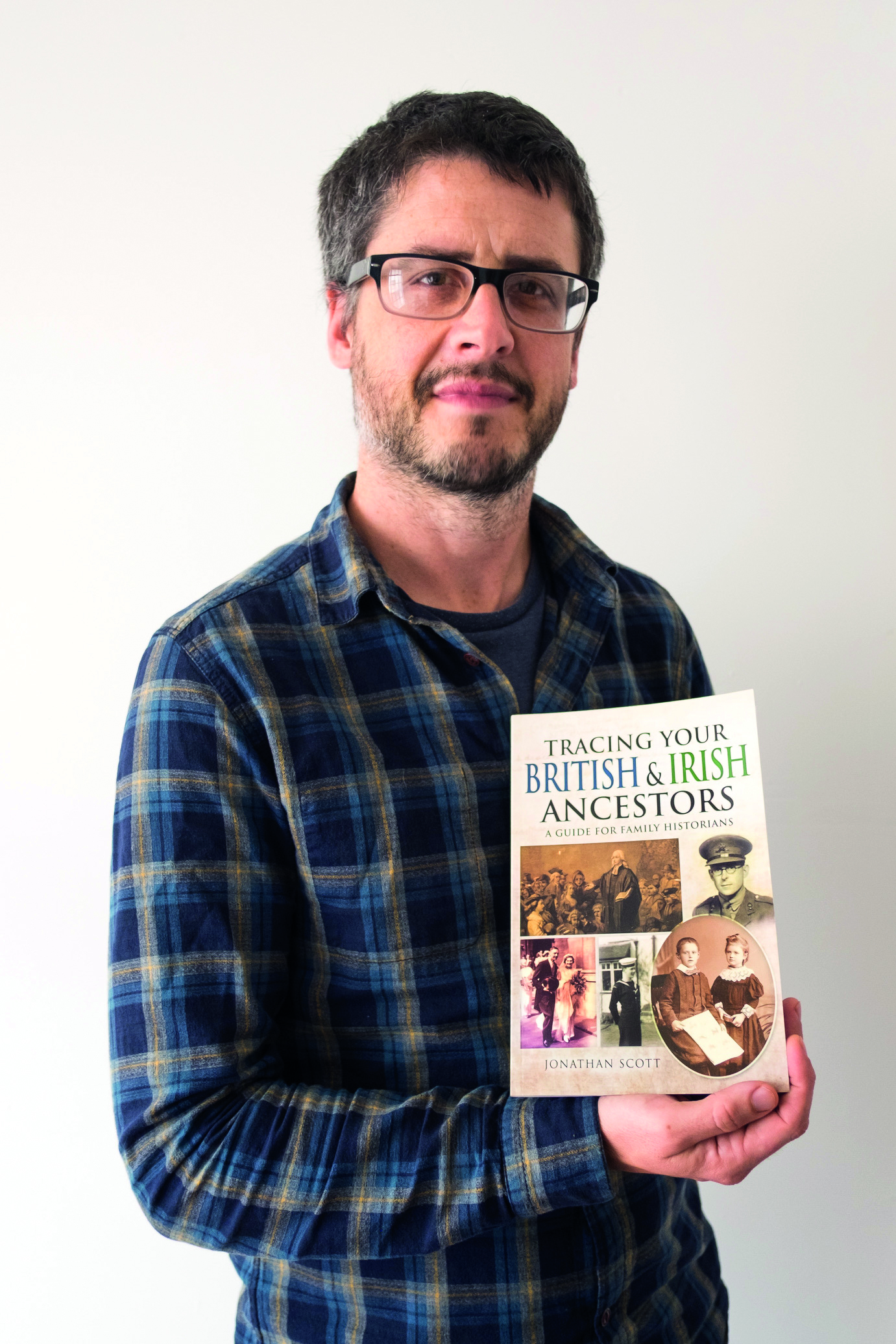The 18th century was one of the most exciting and turbulent periods of British history.
From 1700 to 1799, our ancestors saw unimaginable change, including the changing fashions of high society, the beginnings of the Industrial Revolution and the first novels by authors such as Daniel Defoe, Samuel Richardson and Henry Fielding.
Globally, the 18th century was when Britain became an empire, as the British East India Company established their rule in India and millions of slaves were shipped to plantations in the Caribbean and the Americas.
By the end of the 18th century, the spread of radical ideas had led to revolutions in France and America and unrest in England.
Tracing your family history in the 18th century is a challenge because it is before the introduction of key family history resources such as census records and civil registration of birth, marriage and death records. However, these websites are a great way of discovering more about the 18th century and tracing family history records throughout the period.
The best websites for 18th century British history
1. London Lives
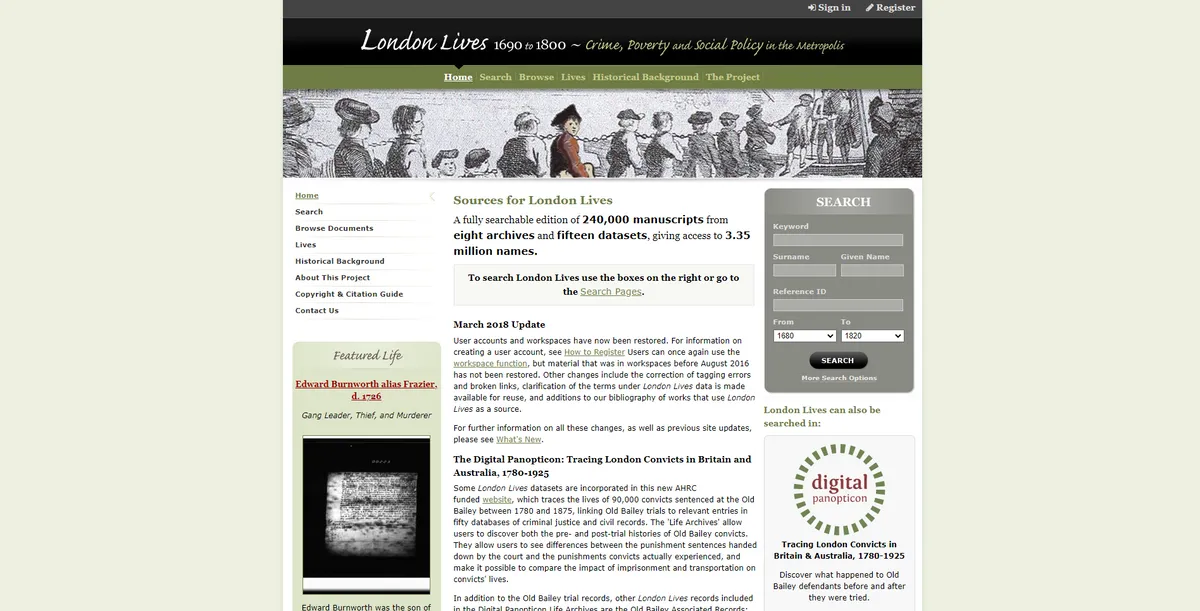
London Lives brings together 15 18th century datasets formed from all kinds of documents housed in eight London archives. Click the ‘Lives’ page to explore case studies of ordinary, poverty-stricken or pauper 18th century Londoners, such as Charlotte Dionis (born 1761), a disabled foundling named after the parish in which she was abandoned.
The searchable records include parish-level and Poor Law material, alongside records of hospitals and guilds, plus various court and coroners’ records for the City of London, Middlesex and Westminster.
Even if you can’t find your ancestor, the site provides insight into life in 18th century Western Europe’s first million-person city.
2. ScotlandsPlaces
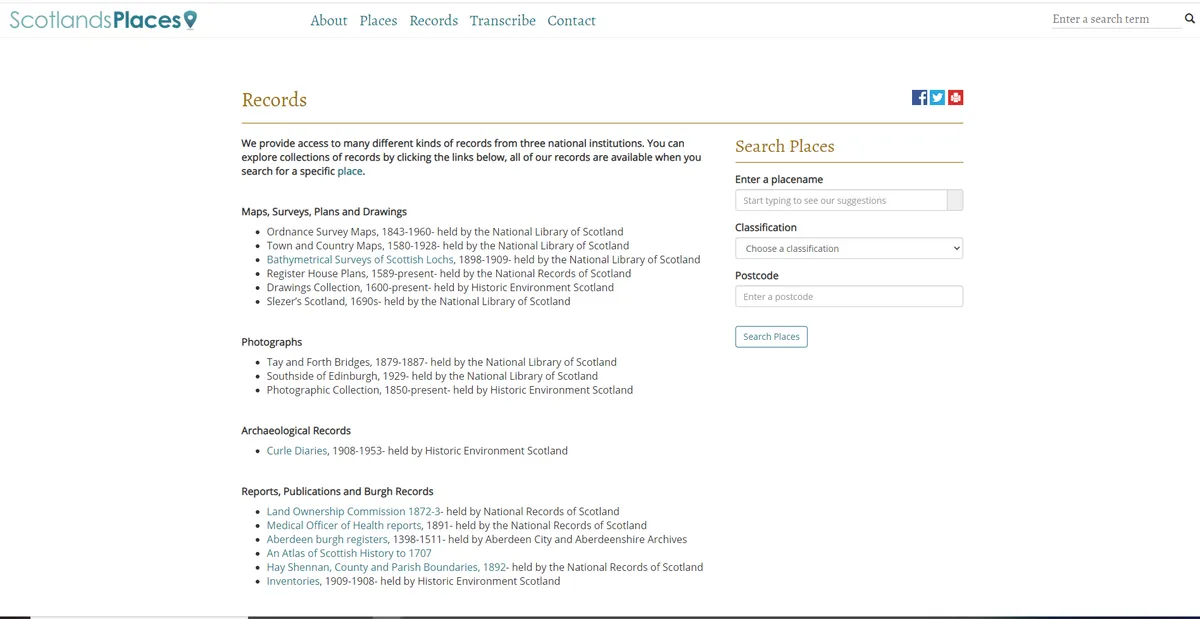
ScotlandsPlaces represents a gateway into researching 18th century Scottish ancestry.
You’ll find house plans held by the National Records of Scotland, town and county maps from the National Library of Scotland, and a collection of drawings held by Historic Environment Scotland.
Perhaps the most useful of the various tax records here are the 18th century land tax rolls spanning 1645–1831. Also called cess or valuation rolls, these were compiled for each county, listing landowners and assessing the rental values. Other tax rolls include the carriage tax (1785–1798), clock and watch (1797–1798), female servant (1785–1792), male servant (1777–1798), window (1748–1798) and dog (1797–1798). You can explore the records by place name, map or postcode.
3. Apprentices' Indentures
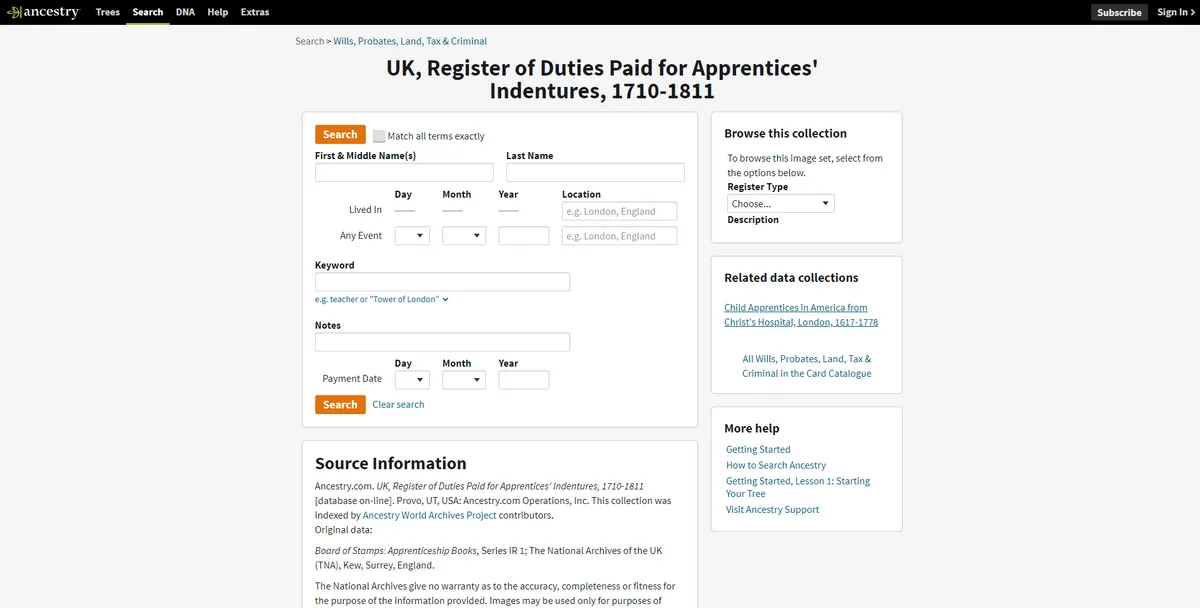
This is just one example of the 18th-century datasets available through Ancestry.
The records in the collection ‘UK, Register of Duties Paid for Apprentices’ Indentures, 1710–1811’ were kept by the Inland Revenue, noting the duty levied each time a master took on an apprentice.
Until around the mid-18th century the apprentice’s parents’ names were included, as well as the name and address of the master, the trade and of course the name of the apprentice.
Masters did not have to pay stamp duty on Poor Law apprentices, and records of these normally survive at local archives.
4. The Cause Papers Database
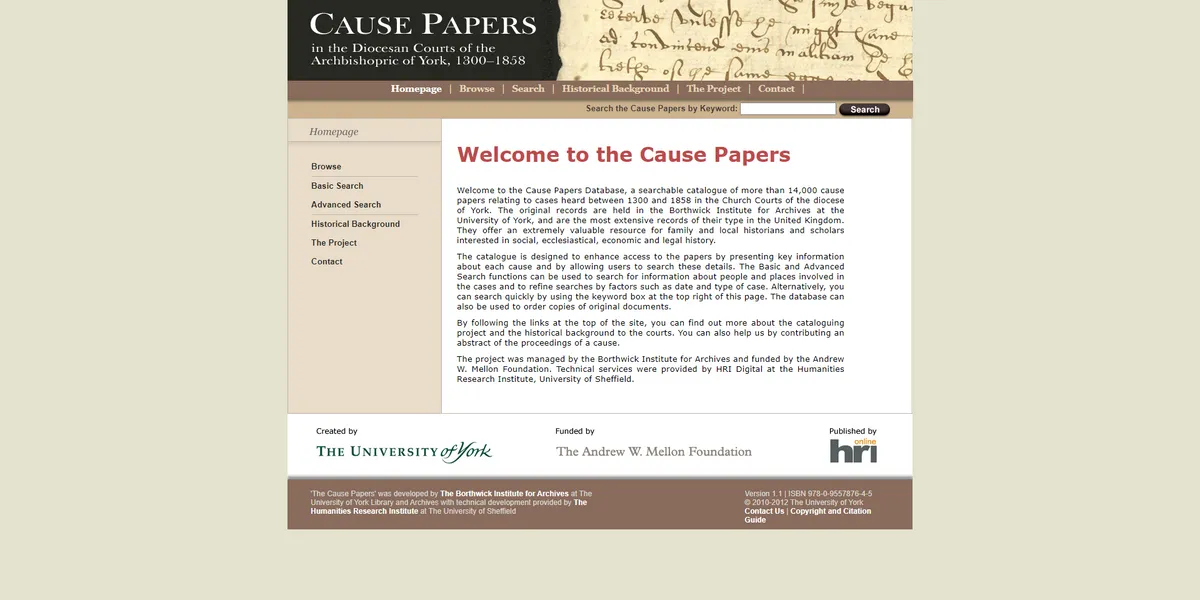
This is a searchable catalogue of more than 14,000 cause papers relating to cases heard between 1300 and 1858 in the church courts of the diocese of York. In the 18th century, church courts had jurisdiction over cases involving matrimony, defamation, tithe, probate, breach of faith and church rights. This database allows you to live and breathe the more ordinary, day-to-day trouble and strife that our 18th century ancestors endured – from slander and legal disputes, to drunkenness and adultery.
5. Old Maps Online
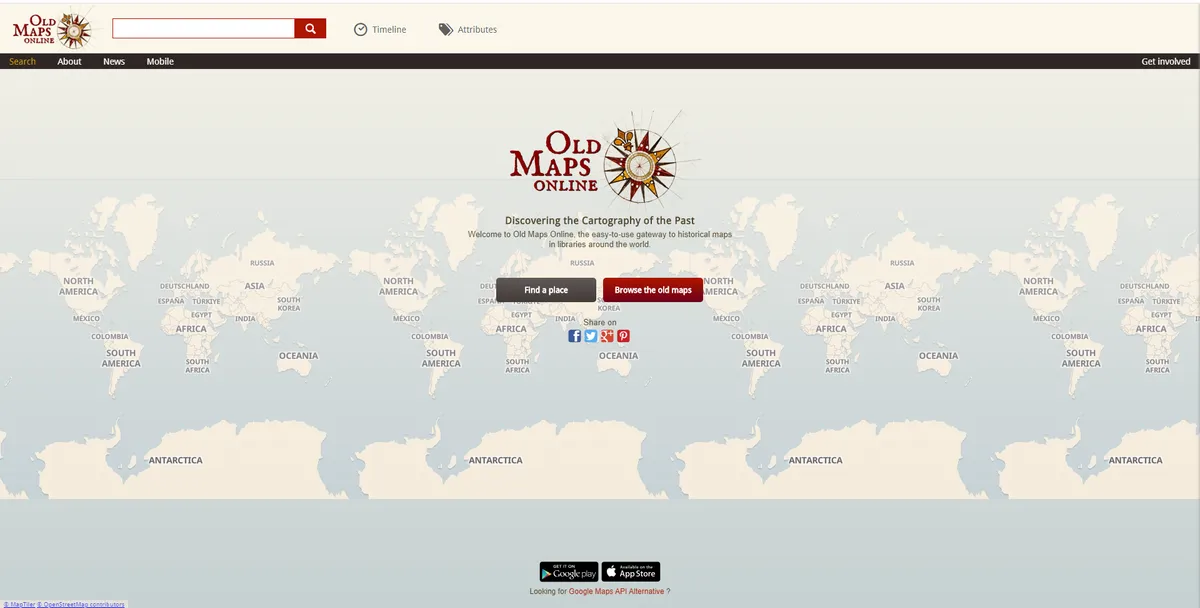
This is a portal to digitised old maps from the British Library, Oxford University’s Bodleian Library and the National Library of Scotland, alongside smaller archives.
Click the ‘Browse the old maps’ button, then move the red square over the part of the UK that interests you. The sidebar will automatically list all of the maps that cover your chosen area. There’s also a date slider if you want to narrow your search to within the 18th century.
6. Expert's choice: Old Bailey Online
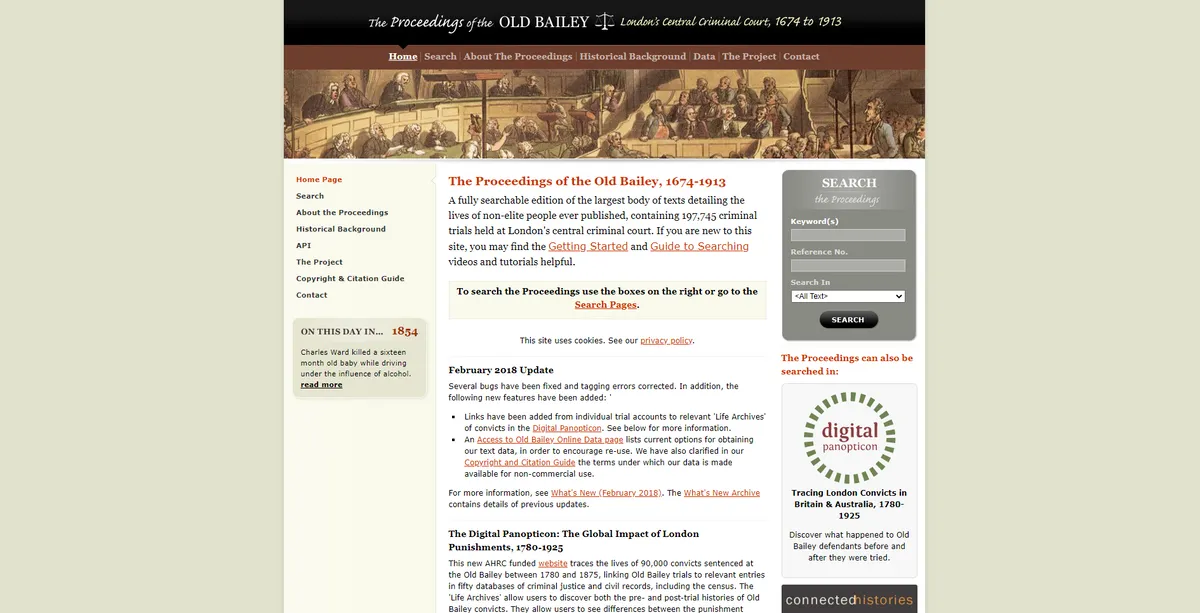
Chosen by Anthony Adolph, editor of Tracing Your Aristocratic Ancestors:
"While the 18th century might conjure up images of balls, pump-room fashionistas, scarlet-uniformed soldiers and elaborate courtships, there is no better place to go for an un-romanticised window on life for prisoners at the time than Old Bailey Online.
"This database of digitised 18th century trial transcripts contains such a vast body of detailed accounts of crimes that it remains endlessly fascinating.
"The transcripts originally ranged from 1674 to 1834, but were later expanded up to 1913.
"They now number 197,745 criminal trials held at London’s central criminal court.
"Although the website is old, it still works well and there are many ways to explore the data.
"You can search by name, which will lead not only to defendants, but also to victims, witnesses and officers of the law. You can search by single and combined keywords, or narrow the results by offence, verdict or sentence.
"For example, selecting ‘Transportation’ from the drop-down menu allows you to explore the thousands of cases that ended in transportation to America, and later Australia, during the 18th century.
"You can also discover the different punishments meted out for various types of criminality over time.
"While many of the cases are harrowing, bloody or scandalous, there are also hundreds of examples of petty crime.
"The homepage includes an ‘On this Day’ box, which, on the day of writing, included a case from 1793 when 'William and Elizabeth Hitchins allegedly stole all the furniture from their rented lodgings, while their landlady, Hannah Fisher, was ill in bed.
"That would be an interesting addition to any family tree!"
More 18th century British history websites
7. Arley Hall Archives
Sample the detailed archives from a thriving 18th-century Cheshire estate.
8. British History Online
The ‘Search’ page lets you narrow the primary and secondary sources available here by period, including plenty for the 18th century.
9. Digital Panopticon
Explore records from about 50 datasets relating to the lives of convicts from 1780 to 1925, with a particular focus on the 18th century.
10. FamilySearch
Filter this list by place and date to see the 18th century resources available in a particular area.
11. TheGenealogist
Highlights include 58,000 18th century militia muster records from England and Wales.
12. Historical Directories of England & Wales
Discover your 18th century tradesmen ancestors in this collection of online trade directories.
13. Monumental Inscriptions
Antique volumes of memorial inscriptions will contain 18th-century inscriptions that have long-since faded. These examples come from the Kent Archaeology Society’s website.
14. The National Archives
TNA’s helpful guides are particularly good for getting to grips with 18th century military resources.
15. Welsh Wills
If you had Welsh ancestors during the 18th century, you can use this free website to discover their death records and heirs with wills proved in Welsh Ecclesiastical courts prior to 1858.
